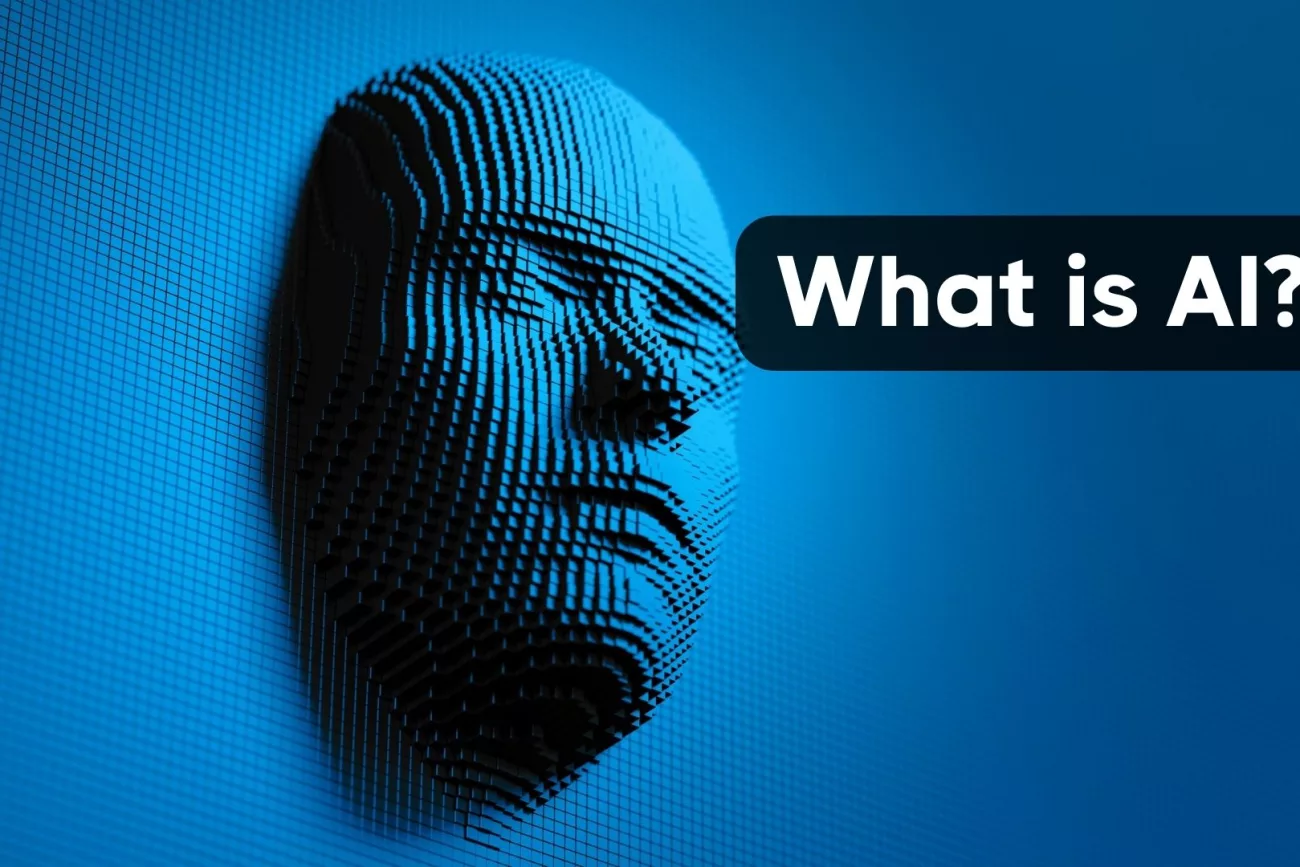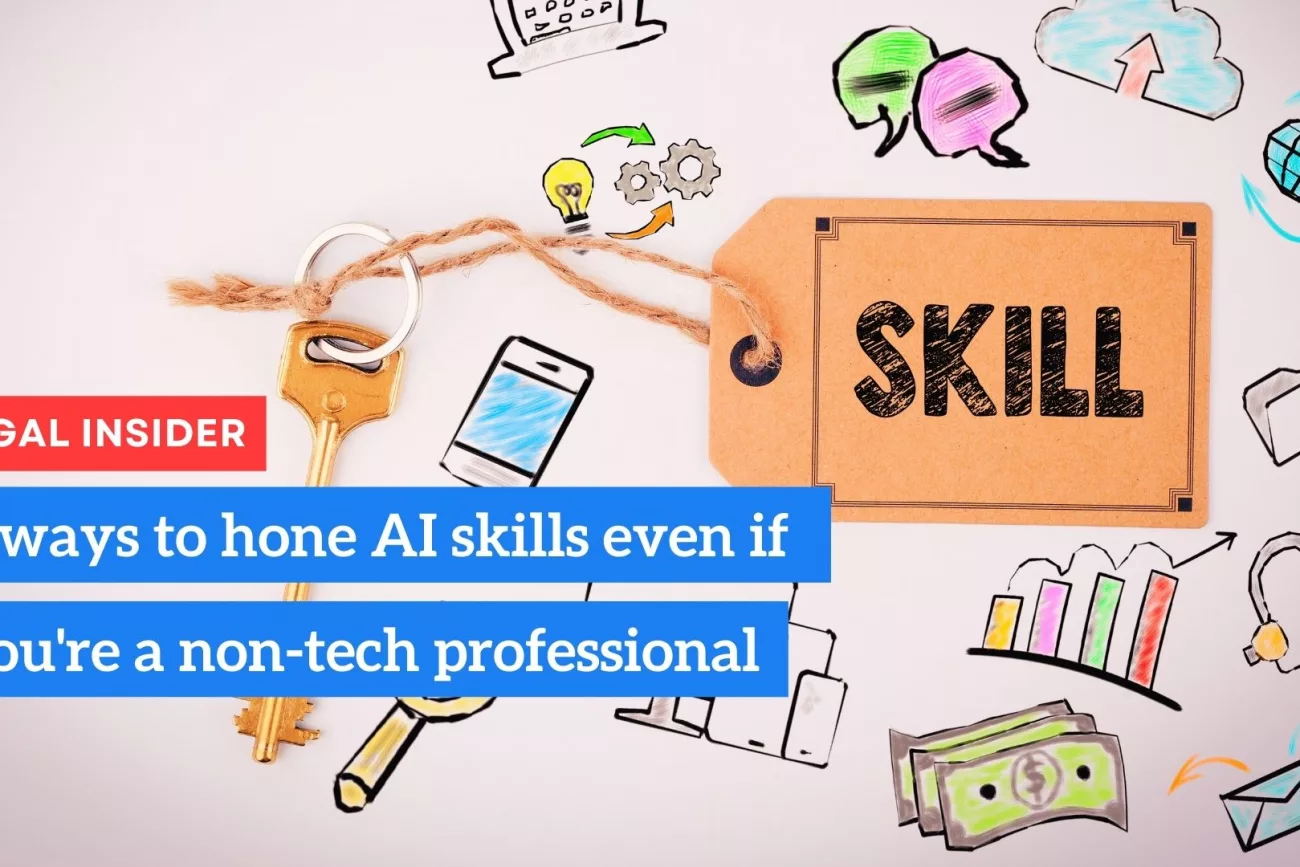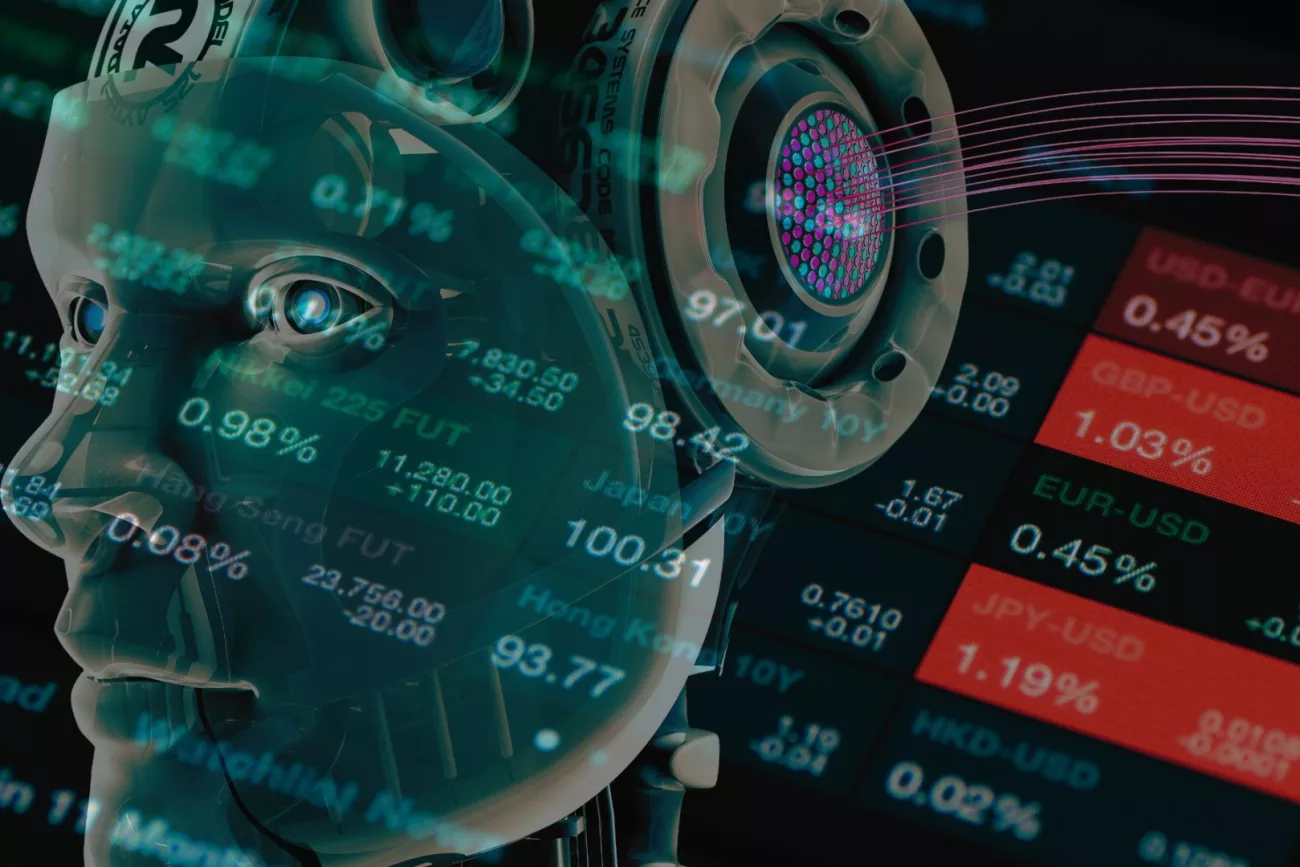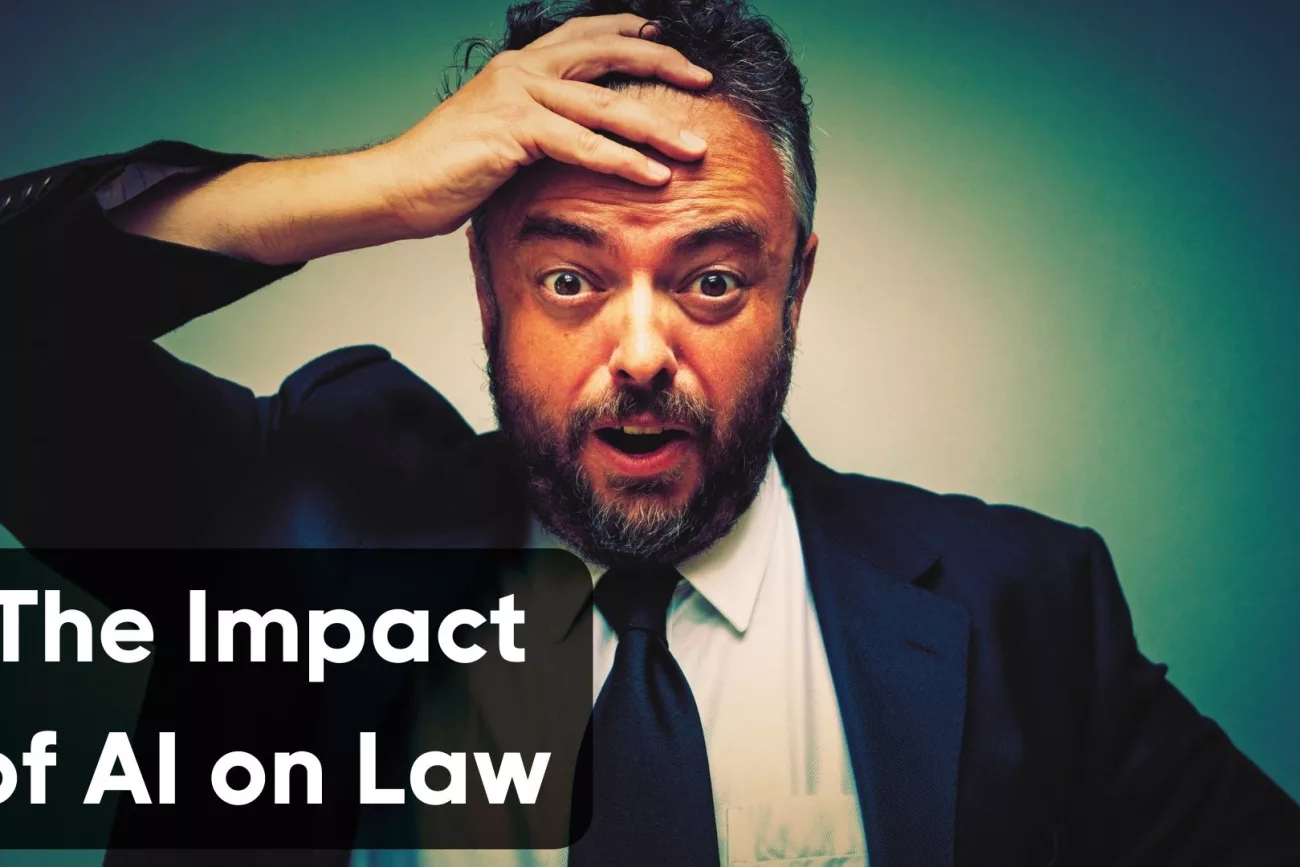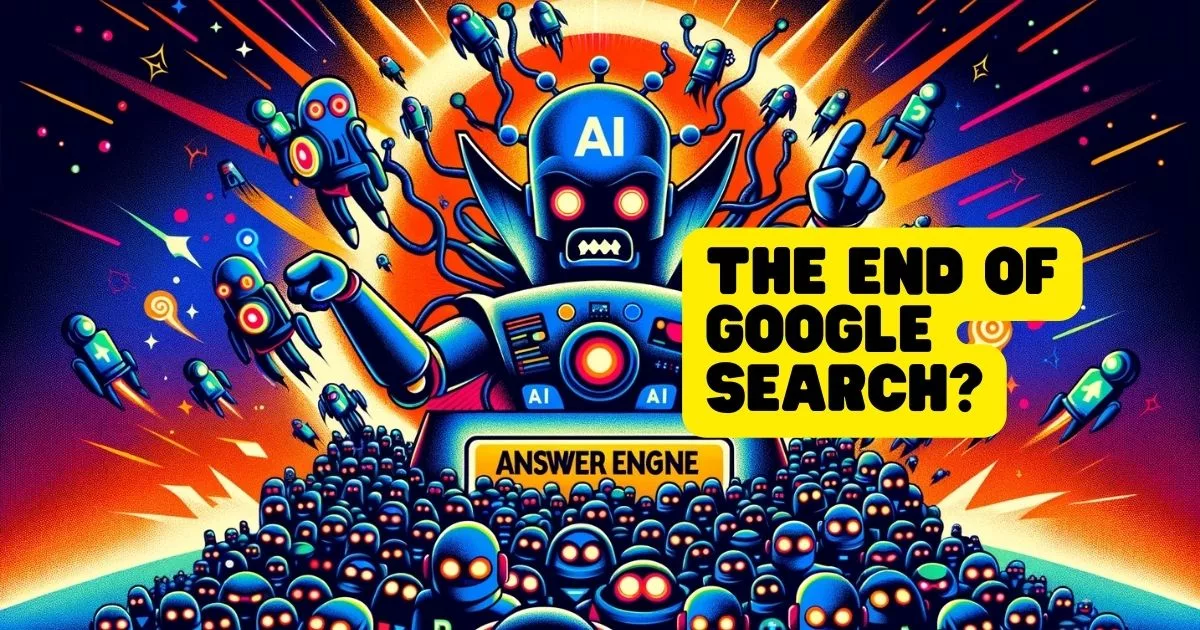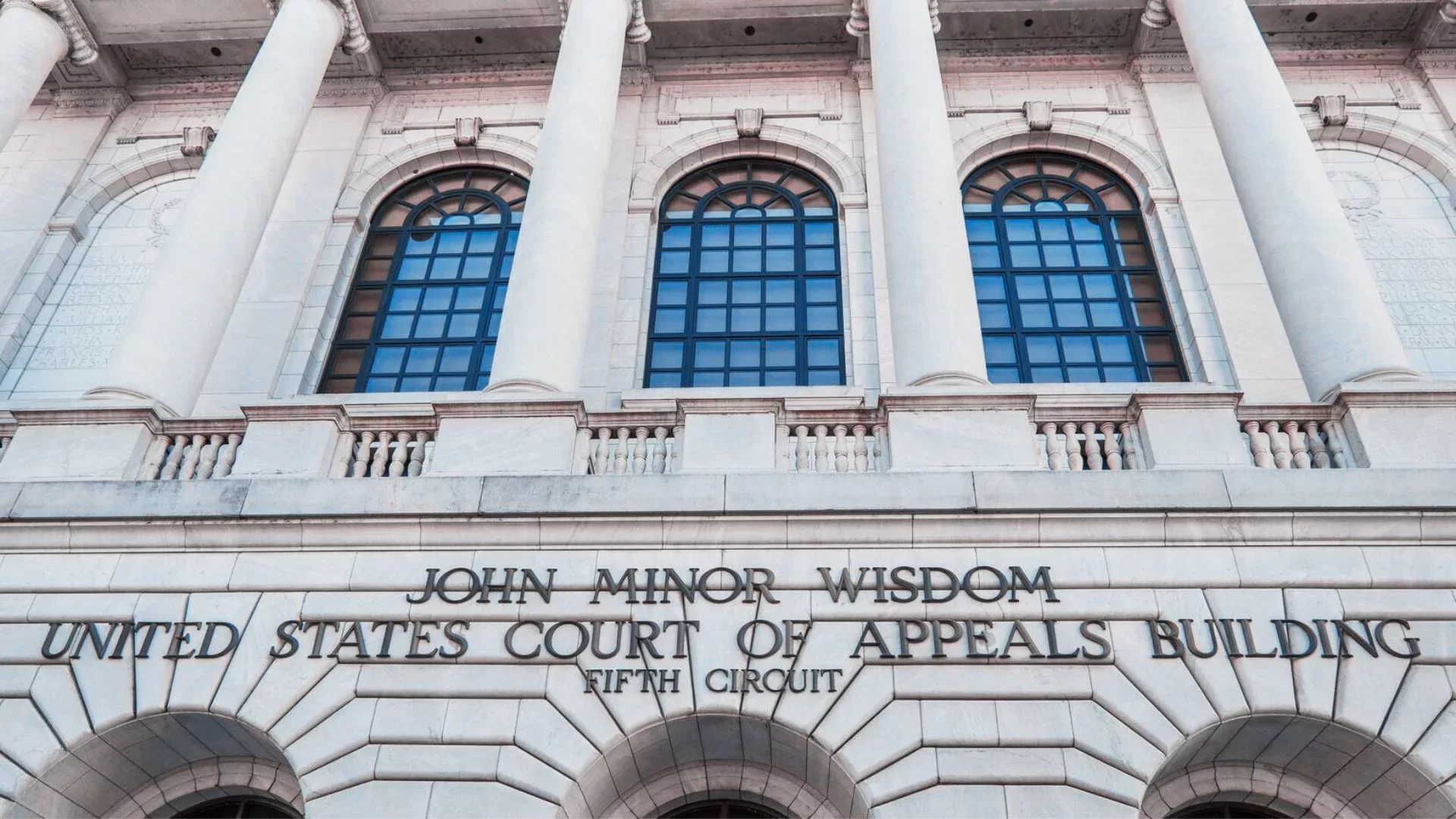
Key Points
- Revolutionary Proposal: The 5th U.S. Circuit Court’s proposal mandates lawyers to certify AI use in filings, aiming to ensure accuracy and uphold legal integrity.
- Ethical and Practical Implications: This move sparks a significant debate on the ethical role of AI in law and the balance between technological innovation and traditional legal practice.
- Incidents Prompting Action: High-profile cases, like the New York AI misuse, have underlined the need for such regulation to prevent the erosion of legal document integrity.
- Mixed Reactions: The legal community is divided, with some advocating for the necessity of human oversight in AI usage, while others argue it may hinder technological advancement in law.
Can AI Predict Stock Market Movements? Unleashing the Power of ChatGPT
Stock Market AI Key Points: Rogue ChatGPT version predicts stock market crash, raising concerns about
Top 15 LegalTech Startups Transforming Law in 2023
Explore the top 15 LegalTech startups revolutionizing the legal industry with AI, cloud, and document
Tech Tsunami: Paralegals Riding the Wave of Digital Chaos!
Key Points: Technology is revolutionizing the legal profession, making tech-savviness a crucial skill for paralegals.
🚨 The Debate Heats Up: US 5th Circuit Court’s Bold Move
In a groundbreaking yet potentially controversial move, the 5th U.S. Circuit Court of Appeals in New Orleans is stirring the legal pot. They’ve proposed a rule that could reshape how lawyers draft legal filings in the era of AI. Yes, we’re talking about the same AI that helps you find cat videos, now potentially assisting in legal arguments.
The Essence of the Proposal
- AI Disclosure: Lawyers must certify if they’ve used AI tools, like ChatGPT, in their filings.
- Human Oversight: A human must review any AI-generated content for accuracy.
- Consequences of Deception: Misrepresentation could lead to rejected filings and sanctions.
Why This Matters
Integrity of Legal Process
The integrity of the legal process is paramount. Legal documents form the bedrock of judicial proceedings, influencing verdicts and shaping justice. This proposal isn’t just a footnote in legal protocol; it’s a safeguard against the potential erosion of this integrity by unchecked AI use.
Imagine a courtroom where AI-generated documents, unchecked for accuracy, form the basis of legal arguments. The risks range from inadvertent errors to intentional manipulation, jeopardizing fair trials and just outcomes. The proposal aims to preserve the sanctity of legal documents, ensuring they remain robust and trustworthy.
Ethical Implications
The fusion of AI in legal practice doesn’t just raise eyebrows; it raises significant ethical questions. When an AI tool drafts a legal document, who is responsible for its content? The lawyer, the AI, or the developer of the AI? This proposal confronts these ethical dilemmas head-on.
It emphasizes that while AI can assist, it cannot absolve lawyers of their ethical obligations. The legal profession is built on principles of honesty, responsibility, and accountability. This rule reinforces these principles in the digital age, ensuring that lawyers remain the custodians of their craft, not mere overseers of technology.
Innovation vs. Tradition
The legal field, often viewed as a bastion of tradition, is at a crossroads with technological innovation. This proposal highlights a critical debate: how much should the legal profession lean on technology?
It’s not just about convenience or efficiency; it’s about the essence of legal practice. Can AI, with its algorithms and data processing, encapsulate the nuances of human judgment, empathy, and moral reasoning crucial in law? This rule doesn’t seek to halt progress but to channel it responsibly, ensuring that innovation serves the law, not subverts it.
Recent Incidents Sparking the Debate
The New York Fiasco
The incident in New York wasn’t just a blip; it was a warning shot. Two lawyers faced sanctions for leaning too heavily on AI, leading to the creation of fictional case citations. This wasn’t a mere lapse in judgment; it was a breach of legal integrity. The AI, unguided, concocted references, blurring the line between reality and fiction in legal arguments.
This event underscores the need for the proposed rule. It’s a stark reminder that while AI can process information, it lacks the discernment to distinguish between valid legal precedents and fabrications.
Texas Takes a Stand
Texas’ response to the growing influence of AI in legal practice is noteworthy. By implementing similar rules, courts in Texas are not just reacting to technology; they’re shaping how it’s integrated into the legal system.
These rules are a proactive step to ensure that AI is a tool for enhancement, not a loophole for ethical shortcuts. They reflect a broader recognition that as AI becomes more prevalent, the legal system must adapt, setting standards to maintain the integrity of legal practice.
The Legal Community Reacts: A Mixture of Outrage, Support, and Skepticism
The Supporters Say:
- Accuracy is Key: AI’s capabilities, while impressive, are not infallible. The supporters of this rule emphasize the irreplaceable value of human judgment in ensuring the accuracy of legal documents. AI might excel in data processing, but it lacks the ability to understand context, interpret nuances, and exercise judgment in the way a trained legal professional can.
- Ethical Responsibility: This camp views the proposal as a reinforcement of a lawyer’s ethical duty. They argue that lawyers should not only be skilled in their use of tools but also accountable for them. In a profession where precision and reliability are non-negotiable, entrusting critical tasks to AI without oversight is seen as an abdication of responsibility.
The Critics Argue:
- Stifling Innovation: Critics of the proposal see it as a potential barrier to progress. They argue that excessive regulation of AI use in legal practice might hinder the adoption of new technologies that could revolutionize the field. In their view, the rule could slow down the evolution of legal practice in a technology-driven world.
- AI Misunderstood: There’s a belief that the legal community might be reacting prematurely to AI. Critics suggest that instead of imposing strict rules, the focus should be on understanding and harnessing AI’s capabilities more effectively. They argue that AI, used wisely, could be a powerful ally in legal practice, enhancing efficiency and even accuracy in some cases.
The Bottom Line
The 5th Circuit’s proposal is a wake-up call. It’s not just about AI; it’s about how the legal profession adapts to change. This rule could be the first domino in a series of changes across the legal landscape.
What’s Next?
- Public Opinion Matters: The court is open for comments until Jan. 4.
- A Trend in the Making?: Will other courts follow suit?
Your Thoughts?
We want to hear from you! Are we witnessing a legal revolution, or is this an overreaction to a technological advancement?
- Join the debate – is AI a tool or a threat in legal practice?
- Sign up for our newsletter to stay updated on this hot topic.
👩⚖️🤖 Join the Conversation: AI in Law – Boon or Bane? 🤖👨⚖️
Share this post
Frequently Asked Questions (FAQs)
Q: What is the 5th Circuit Court’s AI Proposal?
A: The 5th Circuit Court proposes lawyers certify their use or review of AI in legal filings, ensuring accuracy and ethical compliance.
Q: Why is this Proposal Important?
A: It targets the accuracy of legal documents, raises ethical questions in the legal profession, and balances innovation with tradition.
Q: What was the New York AI Incident?
A: Two New York lawyers faced sanctions for using AI to create false case citations, highlighting the risks of unregulated AI use in law.
Q: How has Texas responded to AI in Law?
A: Texas courts have implemented rules similar to the 5th Circuit’s proposal, requiring lawyers to verify AI-generated content in legal filings.
Q: What are the Views in the Legal Community?
A: Opinions vary: some emphasize the need for human judgment and ethical responsibility, while others worry about stifling innovation




